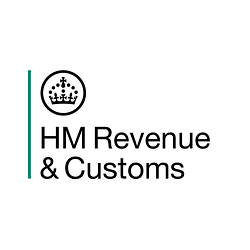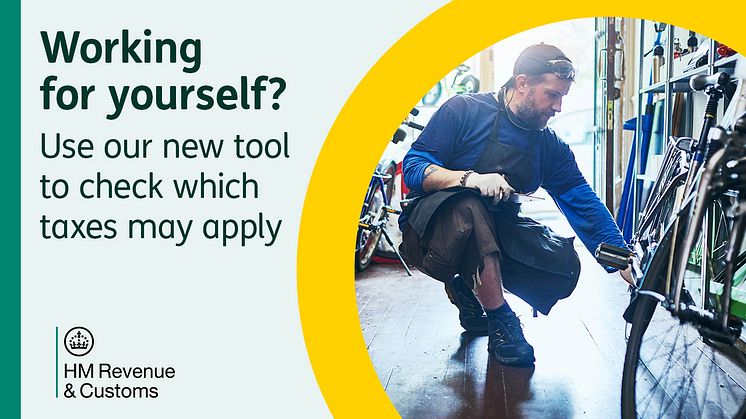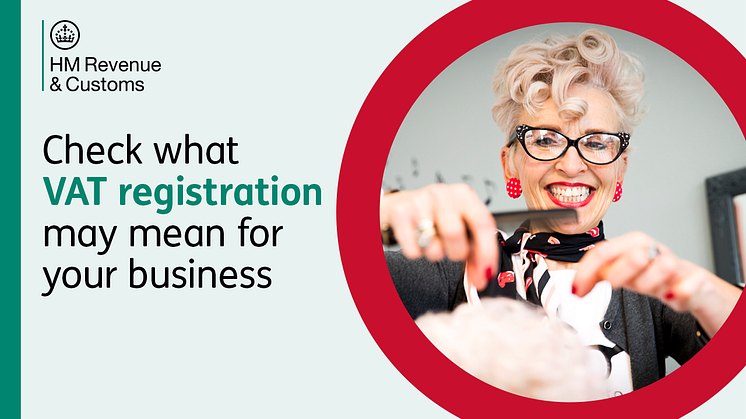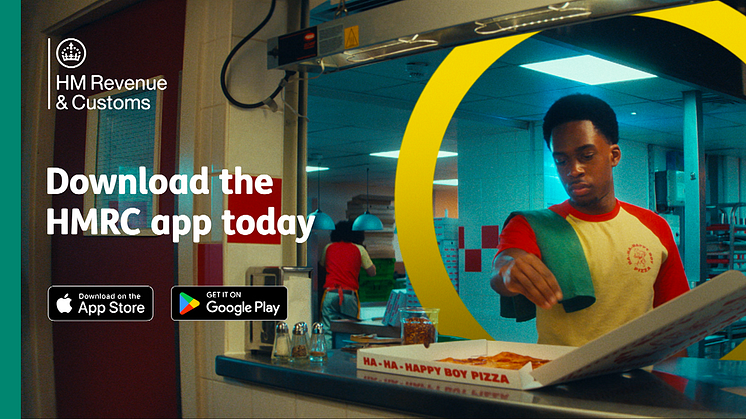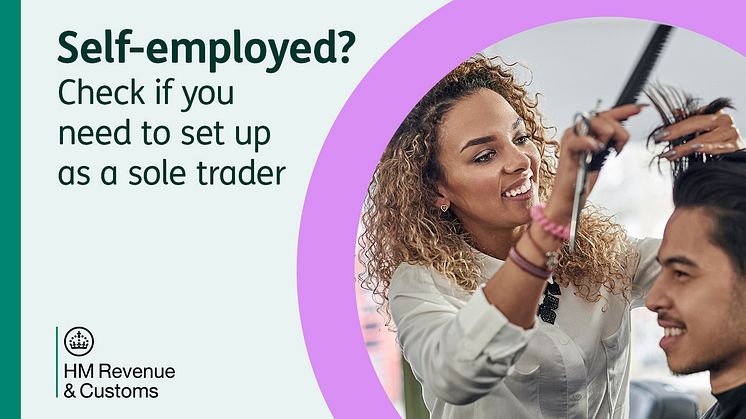
Press release -
New support for Small Business from HMRC
- Running a small business, working for yourself, or considering self-employment?
- HMRC’s free online guidance and interactive tools can help you understand your tax responsibilities.
As Small Business Saturday approaches, HM Revenue and Customs (HMRC) has launched a new interactive online tool and clearer guidance for people working for themselves and individuals considering self-employment.
Aimed at supporting new and existing ‘sole traders’ to better understand their responsibilities, the new interactive tool explains the records they may need to keep, taxes that may apply to their business, and includes other useful information, for example how to pay a tax bill.
Whether preparing a first business plan, finding their feet as a fledgling firm, or already an established enterprise - small businesses across the UK can access the support and information easily and free of charge. And just like UK businesses, our support comes in all shapes and sizes.
People working for themselves may need to set up as a sole trader, even if they have another job with an employer. Sole traders are classed as self-employed for tax purposes, have responsibility for any debts to their business and have some accounting responsibility.
HMRC’s new Set up as a sole trader: step by step guide supports people working for themselves to understand when they may need to register as a sole trader and how to do so. This is presented in 7 simple steps.
There are several HMRC interactive tools available, including one newly launched to help businesses estimate what VAT registration may mean for them. The VAT Registration Estimator was developed after feedback from small businesses suggested an online tool would be helpful to show when their turnover could require businesses to register for VAT and its effect on profits.
Whether you want to know how to register your business with HMRC, what to do if you are employing staff or looking for information about VAT, you can find out by visiting GOV.UK.
Marc Gill, HMRC Director of Individuals and Small Business Compliance, said:
“At HMRC, we know small businesses are vital to our economy, and we want to help you get things right from the start.
“It can feel overwhelming when you’re a new business owner. That's why we've created user-friendly, anonymised tools that give you the knowledge to make confident business decisions.
“We are committed to continue building trust with the small business community. Whether you're just starting out or growing your business, we're here with clear, reliable guidance to help your business succeed.”
The guidance and interactive tools are free to use and available directly from GOV.UK. They have been launched for information purposes only, users will not be registered for any taxes as a result of using them. HMRC will not collect or store any information about the user.
HMRC’s GOV.UK guidance receives more than 750 million views a year. Our online services support businesses and individuals to interact with us securely at a time that suits them, and our free HMRC app helps them stay on top of their personal tax matters. For more information, search ‘HMRC’ on GOV.UK.
Notes to Editors
- Go to GOV.UK and search ‘starting a business’ to find guidance on all aspects of trading including what taxes may apply to you as a sole trader.
- No data about the user is collected or stored by HMRC when using the tools and their use will not register you for any tax.
- The link to the VAT Registration Estimator guidance tool is here: Check what registering for VAT may mean for your business - GOV.UK (www.gov.uk) or click on the ‘VAT’ tab at: HMRC tools and calculators - GOV.UK
- The VAT Registration Estimator tool helps you estimate what registering for VAT may mean for your business. If you do register for VAT you should not use the estimated figures generated to complete your VAT return.
- Follow HMRC’s Press Office on X @HMRCpressoffice
Related links
Topics
Categories
Issued by HM Revenue & Customs Press Office
HM Revenue & Customs (HMRC) is the UK’s tax authority.
HMRC is responsible for making sure that the money is available to fund the UK’s public services and for helping families and individuals with targeted financial support.

